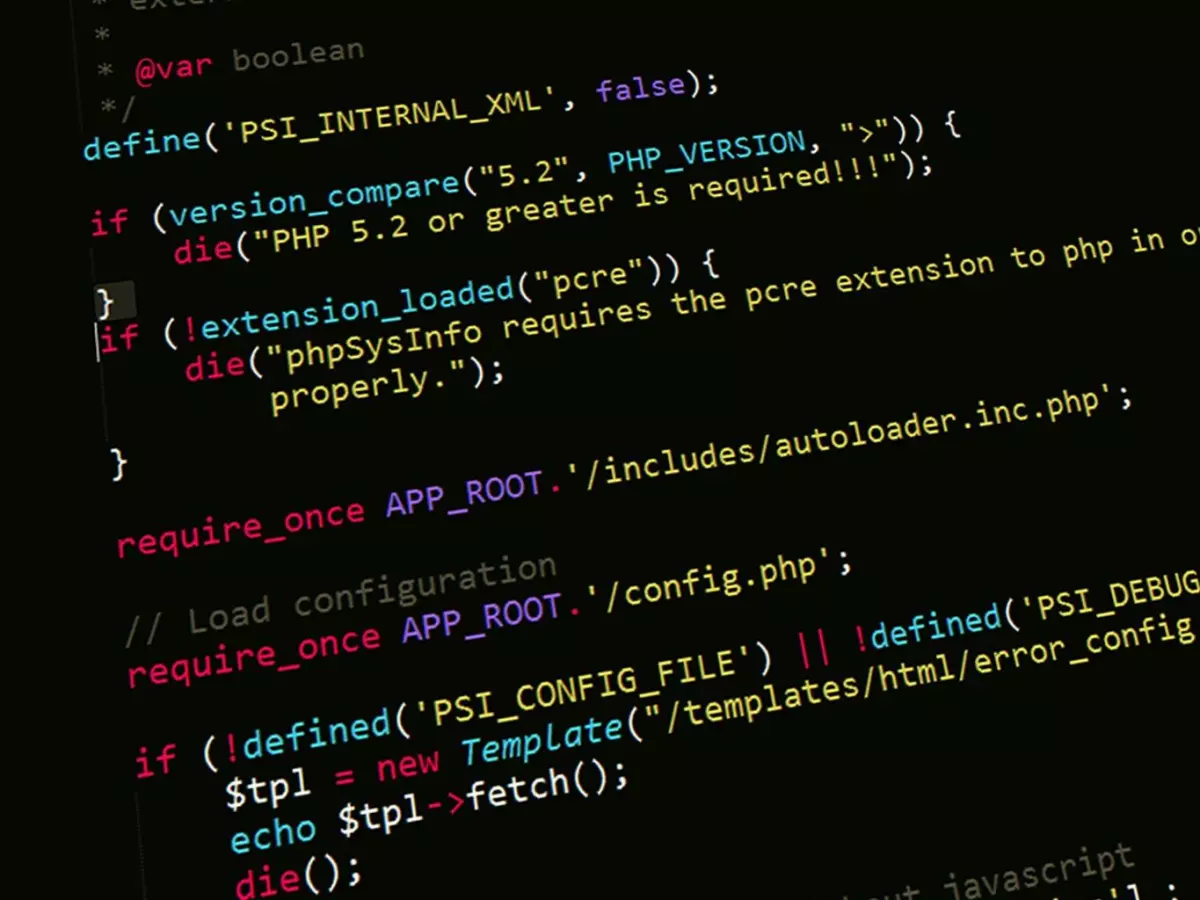Performance Tuning
Let's be real: No one cares how elegant your code is if it runs slower than a snail on a treadmill. Performance is king, and yet, it's often the last thing developers think about.

By Marcus Liu
Software performance optimization is one of those topics that tends to get pushed to the back burner. Why? Because it's not as glamorous as learning the latest JavaScript framework or diving into the intricacies of machine learning algorithms. But here's the kicker: if your software doesn't perform well, no one will care how cutting-edge your tech stack is. They'll just care that it's slow.
So, how do you make sure your software is not only functional but also fast, efficient, and scalable? That's what we're diving into today. Whether you're building a web app, a mobile app, or even a desktop application, performance optimization is key to delivering a great user experience. Let's break it down.
Why Performance Optimization Matters
First things first—why should you care about performance optimization? Isn't it enough to just get the software working? Well, not quite. In today's fast-paced world, users expect applications to be lightning-fast. If your app takes more than a few seconds to load, users will bounce faster than you can say "404 error."
Performance issues can also lead to higher infrastructure costs. If your software is inefficient, you'll need more servers, more bandwidth, and more resources to keep it running. And let's not forget about scalability. If your app can't handle increased traffic or data, you're in for a world of hurt when your user base grows.
In short, performance optimization isn't just about making your software faster—it's about making it more cost-effective, scalable, and user-friendly.
Common Performance Bottlenecks
Before we dive into how to optimize performance, let's talk about some common bottlenecks that can slow down your software:
- Database Queries: Inefficient or poorly optimized queries can bring your app to a crawl. Make sure you're using indexes, caching, and query optimization techniques.
- Memory Leaks: If your app is consuming more memory over time without releasing it, you're going to run into performance issues. Keep an eye on memory usage and use tools to detect leaks.
- Network Latency: Slow network requests can kill performance, especially in web and mobile apps. Use techniques like lazy loading, caching, and minimizing HTTP requests to reduce latency.
- Algorithm Efficiency: Sometimes, the problem is in the code itself. If you're using inefficient algorithms or data structures, your app will suffer. Always aim for optimal time and space complexity.
- Concurrency Issues: If your app isn't handling multiple threads or processes efficiently, you could run into deadlocks, race conditions, or just plain slow performance.
Key Strategies for Performance Optimization
Now that we've covered the "why" and the "what," let's get into the "how." Here are some key strategies to help you optimize your software's performance:
1. Profiling and Benchmarking
You can't fix what you don't measure. The first step in optimizing performance is to identify where the bottlenecks are. Use profiling tools to analyze your code and find out which parts are slowing things down. Once you've identified the problem areas, you can focus on optimizing them.
Benchmarking is another important tool in your performance optimization toolkit. By running benchmarks, you can compare the performance of different parts of your code and see how changes impact overall performance.
2. Caching
Caching is one of the most effective ways to improve performance, especially in web applications. By storing frequently accessed data in memory, you can reduce the number of database queries or network requests your app needs to make. Just be careful not to overdo it—too much caching can lead to stale data or memory bloat.
3. Optimize Database Queries
As we mentioned earlier, inefficient database queries are a common performance bottleneck. Make sure you're using indexes, avoiding unnecessary joins, and optimizing your queries for performance. You can also use techniques like query caching or database sharding to improve performance at scale.
4. Minimize Network Requests
In web and mobile apps, network requests can be a major source of latency. To minimize the impact of network requests, use techniques like lazy loading, HTTP/2, and content delivery networks (CDNs). You should also minimize the number of requests your app makes by bundling assets and using efficient data formats like JSON or Protobuf.
5. Use Efficient Algorithms and Data Structures
Sometimes, the key to better performance is simply using the right algorithm or data structure. If you're sorting a large dataset, for example, using a more efficient sorting algorithm can make a huge difference. Similarly, choosing the right data structure (e.g., a hash map instead of a list) can improve both time and space complexity.
6. Optimize Memory Usage
Memory leaks and inefficient memory usage can lead to slow performance and even crashes. Use tools like memory profilers to monitor your app's memory usage and identify leaks. You should also be mindful of how much memory your app is consuming and try to minimize it where possible.
7. Concurrency and Parallelism
If your app is handling multiple threads or processes, make sure you're doing it efficiently. Use techniques like thread pools, asynchronous programming, and load balancing to improve concurrency and parallelism. Just be careful to avoid common pitfalls like deadlocks and race conditions.
When to Optimize
One of the biggest mistakes developers make is trying to optimize too early. Premature optimization can lead to overcomplicated code and wasted effort. Instead, focus on building a working prototype first, and then optimize once you have a clear idea of where the bottlenecks are.
That being said, there are some cases where optimization should be a priority from the start. If you're building a real-time application (e.g., a game or a financial trading platform), performance is critical, and you'll need to optimize from day one.
Final Thoughts
Performance optimization isn't just a "nice-to-have"—it's a crucial part of building software that scales, runs efficiently, and keeps users happy. By focusing on key strategies like profiling, caching, and optimizing database queries, you can ensure that your software performs at its best.
So, the next time you're tempted to ignore performance in favor of shiny new features, remember this: no one cares how cool your app is if it runs like a potato.





